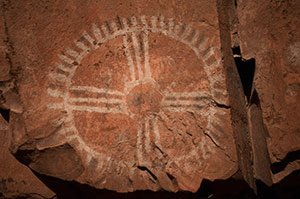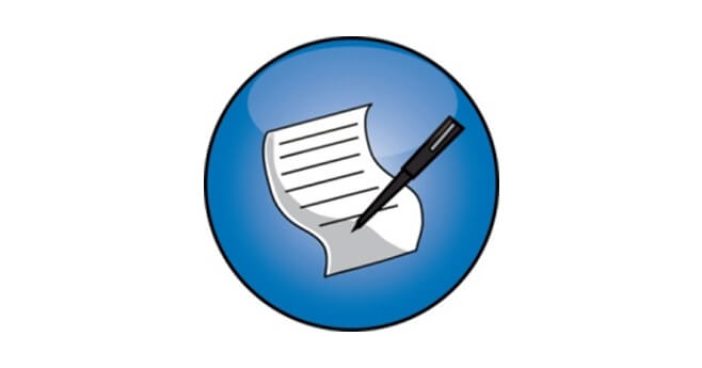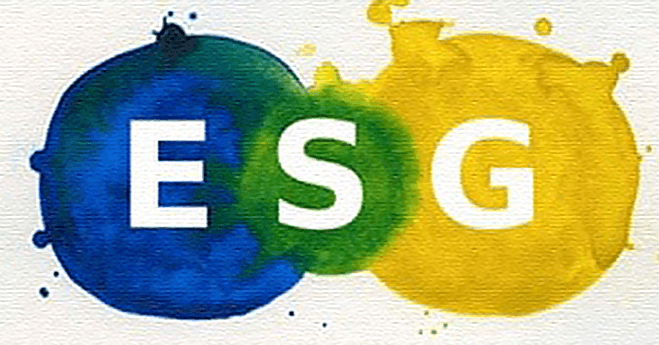The following serves as an overview of the procedures and timeframes for the Senate Bill (SB) 18-the Tribal Consultation process. The State of California Office of Planning and Research has the complete Tribal Consultation Guidelines.
Prior to the amendment or adoption of General or Specific Plans, local governments (as discussed in my previous blog entitled, “Senate Bill 18 and Cultural Resources Management”) must notify the appropriate tribal representatives of the opportunity to conduct a consultation with them on matters regarding the preservation and mitigating impacts to sacred places located on land within the local government’s jurisdiction and that such land is affected by the plan adoption or amendment.

Consultation for SB 18 is a government to government process and must be initiated by the local governmental agency, not the archaeologist working on the project. An SB 18 tribal contact list is requested from the Native American Heritage Commission (NAHC) and the government agency sends each tribal representative a letter extending an invitation to discuss any concerns they may have about the proposed project. The tribal contacts for this list are maintained by the NAHC but are distinct from the Most Likely Descendent (MLD) list typically received when the project archaeologist requests NAHC to search their sacred lands file. It is suggested that local governments send a written notice by certified mail with a return receipt requested to the tribal representatives. The tribes have 90 days from the date they receive notification to request for a consultation. In addition, prior to adoption or amendment of a General or Specific Plan, local government must refer the proposed action to tribes on the NAHC list that have traditional lands located within the city or county’s jurisdiction. Notice must be sent regardless of prior consultation. The referral must allow a 45-day comment period.
In brief, notices from government to the tribes should include:
- A clear statement of purpose
- A description of the proposed General or Specific Plan, or amendment, the reason for the proposal, and the specific geographic areas affected
- Detailed maps to accompany the description
- Deadline date for the tribes to respond
- Government representative(s) contact information
- Contact information for project proponent/applicant, if applicable
The basic schedule for this process is:
- 30 days – The time NAHC has to provide the tribal contact information to the local government; this is recommended not mandatory.
- 90 days – The time a tribe has to respond indicating whether or not they want to consult. Note: tribes can agree to a shorter timeframe. In addition, consultation does not begin until/unless requested by the tribe within 90 days of receiving notice of the opportunity to consult. The consultation period, if requested, is open-ended. The tribes and local governments can discuss issues for as long as necessary, but discussions do not always result in agreement.
- 45 days – The time local government has to refer to a proposed action, such as adoption or amendment to the General Plan or Specific Plan, to agencies, including the tribes. Referral is required even if there has been prior consultation. This opens the 45-day comment period.
- 10 days – The time local government has to provide tribes of notice of public hearing.
 Since it first went into effect, SB 18 has proven to be a successful tool for providing early consultation between local governments and Native American tribes which encourages cooperation and tribal involvement in the treatment and management of their traditional cultural places.
Since it first went into effect, SB 18 has proven to be a successful tool for providing early consultation between local governments and Native American tribes which encourages cooperation and tribal involvement in the treatment and management of their traditional cultural places.
FirstCarbon Solutions has an in-depth understanding of the complexities of the SB 18 process and cultural resources management, and welcomes any opportunity to share our knowledge with you. For a consultation, click below:





